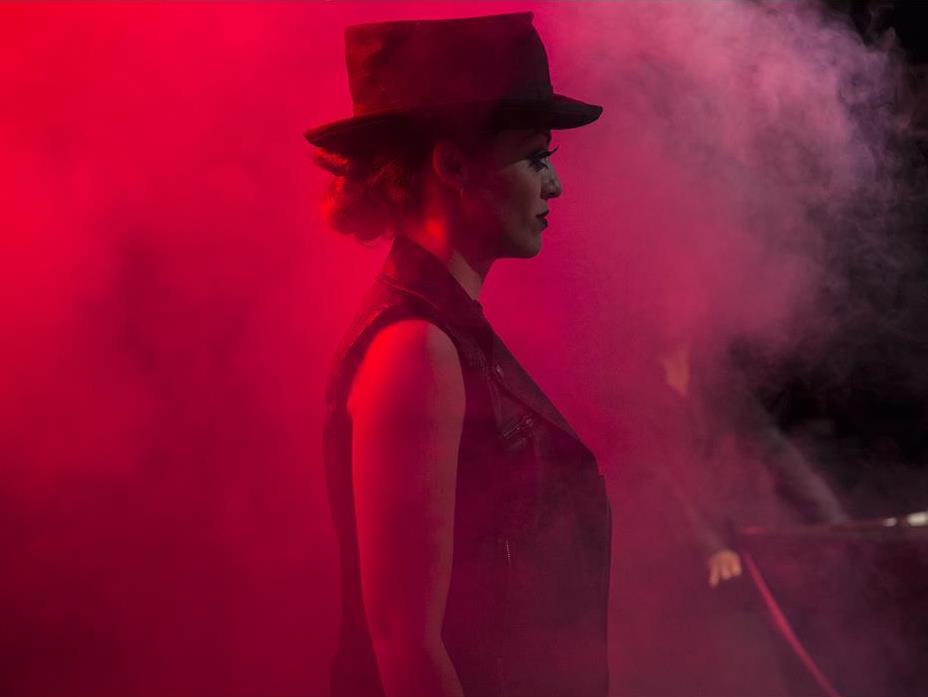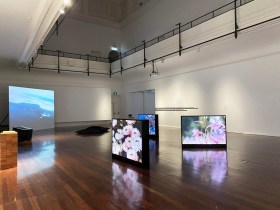Last Days of Judas. 2015 Production AFTT.
Leadership skills are, in many ways, similar to the skills actors develop during their training. This highlights one of the truths about good leadership – it isn’t a natural ability, but rather a set of skills that people can learn over time.
‘In essence acting is communication. You learn the physical skills of communication – the use of voice projection, confidence, clarity of speech and articulation. That communication side of acting skills lends itself considerably [to leadership]. It means you can command a stage, it means you can command attention, that you’re confident and a good communicator,’ said Glen Hamilton, Course Director (Acting) at the Academy of Film, Theatre and Television.
Clearly, an acting course is a good place to start building skills that will be valuable in other roles later in life.
Read: 12 ways to build your confidence
Effective leaders are also persuasive. They have the ability to create a vision and then communicate this to their team in an inspiring way. It’s akin to the skill of storytelling – and we all know actors are good storytellers.
‘It is an actor’s job to change an audience. Maybe convince, transform, or inspire them. That element of storytelling is a really important one that makes them able to work their audience,’ said Hamilton.
‘The leader’s audience is the people that the leader is leading and storytelling is really important. Leaders are able to convey a message and tell a story in the way that motivates.’
But leadership doesn’t just mean taking charge. When challenges occur no one person will ever have all the answers. That’s why an effective leader also needs to know when to step back and work collaboratively. Fortunately, collaboration is another one of those leadership skills actors learn early on.
In the Diploma of Screen and Media (Acting) at AFTT students learn how to simultaneously work with other people while also injecting their own ideas into the mix.
Learn more about the Diploma of Screen and Media (Acting)
‘As an actor you are always collaborating. It is not a solo sport. If you are in a theatre show, for example, you are working with a lot of people and you have to work well with them. The same as on a film set – you’re never working on your own, even if you are doing a solo show,’ Hamilton said.
‘With acting experience, you are also much more confident being up in front of a group of people; you are just used to that kind of environment.’
The Essential Skills Series is brought to you in partnership with the Academy of Film, Theatre and Television.






